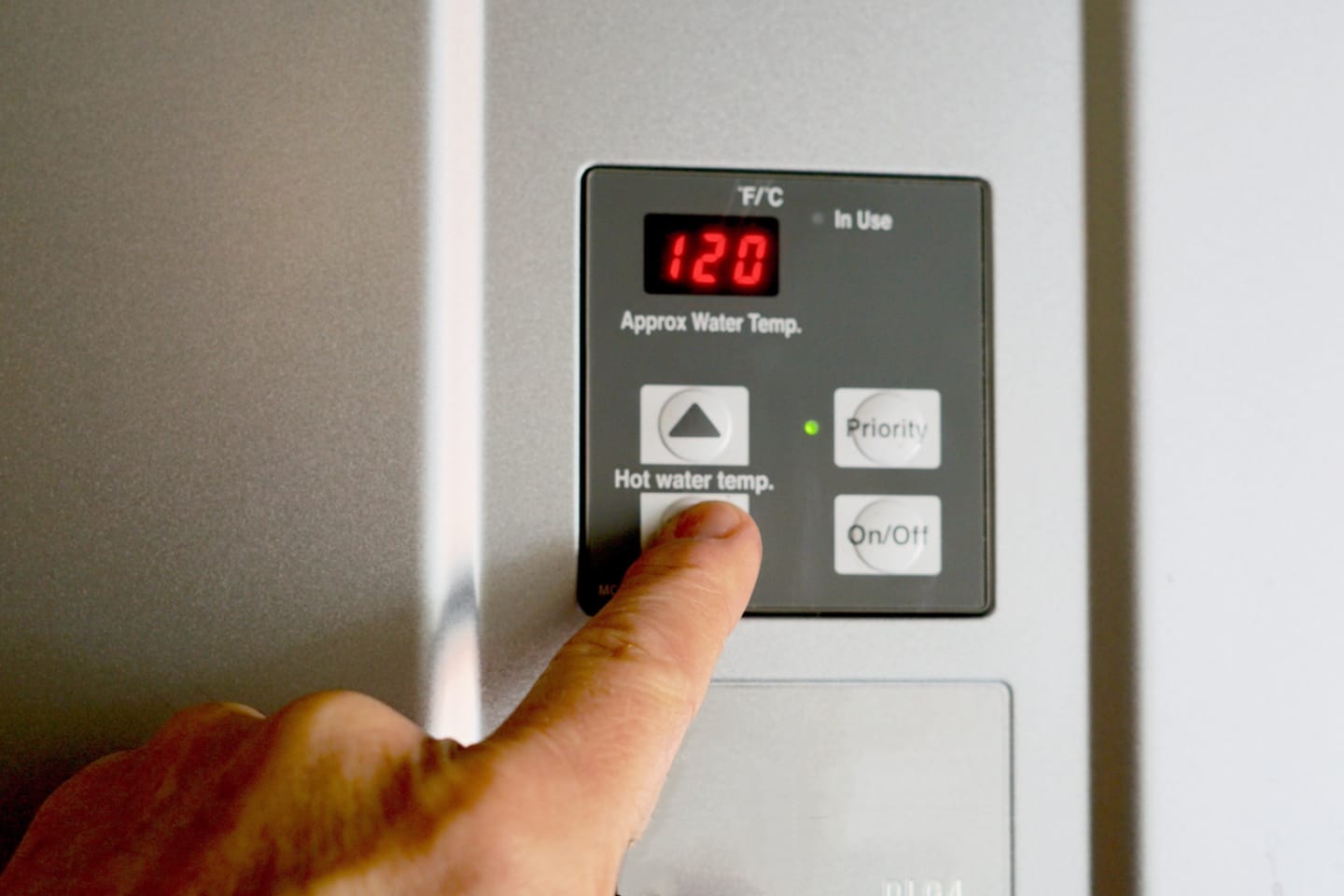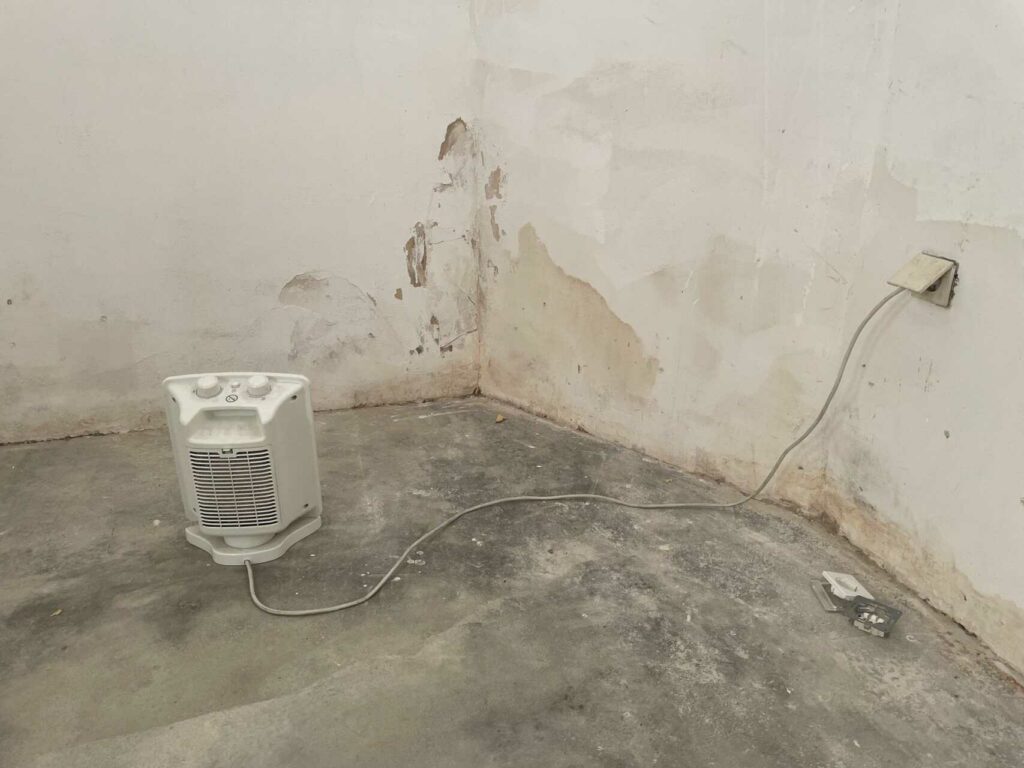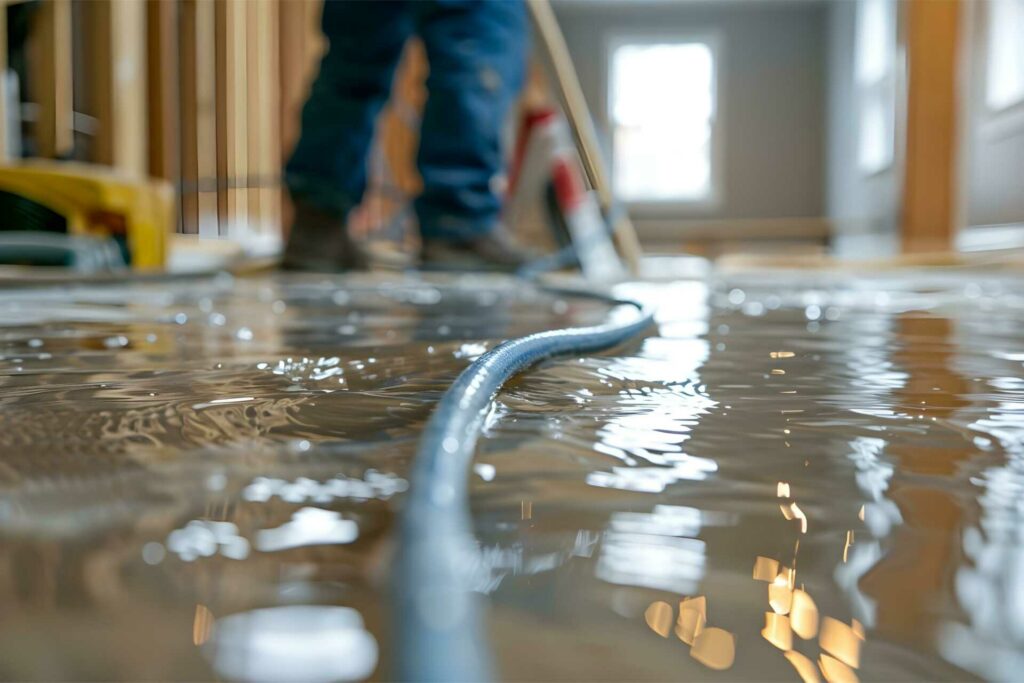Contents
Water Heaters
In part 6 of our Plumbing Demystified we share some important information about water heaters – an essential component of your home’s plumbing system.
A water heater is responsible for heating the water that is used in your home for tasks such as bathing, cooking, and cleaning.
There are several different types of water heaters to choose from, each with its own advantages and disadvantages.
Traditional storage-tank water heater
One type of water heater is the traditional storage-tank water heater. These water heaters have a large tank that stores hot water and uses natural gas or electricity to heat the water. Storage tank water heaters are relatively inexpensive and can provide a good amount of hot water, making them a popular choice for larger homes. However, they can be inefficient and have a higher upfront cost than some other types of water heaters.
A traditional storage-tank water heater is generally best for larger families or households with high hot water demand. These water heaters have a large tank that stores hot water, allowing them to provide a good amount of hot water for multiple fixtures and appliances at the same time. They are also relatively inexpensive and can be powered by natural gas, propane, or electricity, making them a popular choice for many homeowners.
However, it’s important to note that traditional storage tank water heaters can be inefficient and have a higher upfront cost than some other types of water heaters. They may also require more space in your home, as the tank can be quite large. If you have a smaller household or are looking for a more energy-efficient option, you may want to consider a tankless water heater instead.
Tankless water heater
Another type of water heater is the tankless water heater. These water heaters do not have a storage tank and instead heat water on demand. This means they only use energy when hot water is needed, making them more energy-efficient than storage tank water heaters.
A tankless water heater is generally best for smaller families or households with lower hot water demand. These water heaters do not have a storage tank and instead heat water as needed, which means they only use energy when hot water is being used. This makes them more energy-efficient than traditional storage tank water heaters, which can be particularly beneficial for households that are looking to reduce their energy consumption.
Tankless water heaters are also smaller and can be mounted on a wall, which makes them a good option for households with limited space. However, they can be more expensive to install and may not be able to provide enough hot water for larger families or homes with multiple showers. If you have a larger household or high hot water demand, you may want to consider a traditional storage-tank water heater instead.
Conclusion
When choosing a water heater, it’s important to consider the size of your home, your hot water needs, and your budget. It may also be a good idea to consult with a professional plumber or a heating and cooling expert to determine what type of hot water heater is best for your home and your family’s needs.




